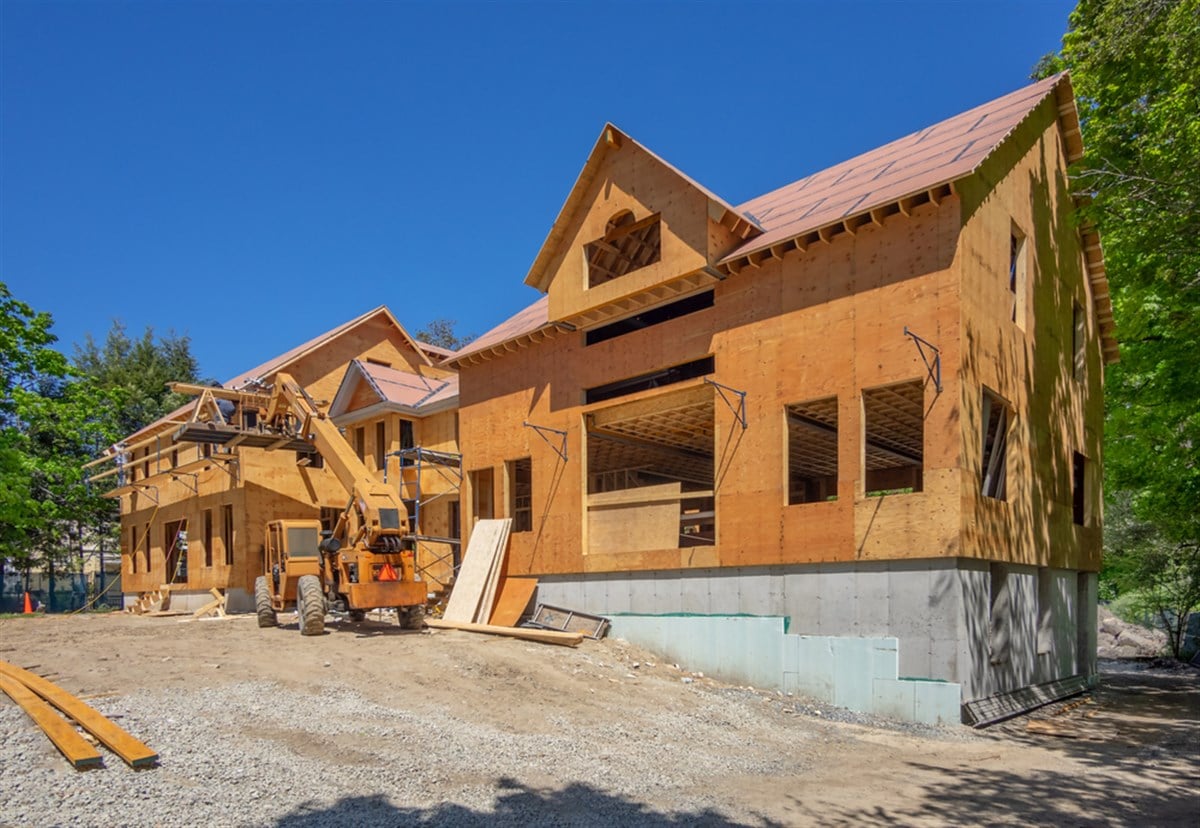
The economy typically has three leading industries that investors can watch closely when trying to figure out the potential future of the stock market. Of course, consumer discretionary is a big part of this mix, as the United States economy is increasingly made up of consumer trends and debt. Following these consumer trends is the mortgage market, which is an extension of the real estate sector.
A third industry just as connected to the rest is the transportation sector, particularly the trucking industry, as it is called upon to deliver the products ordered based on higher consumer activity and demand.
Today, investors have a good idea of what the consumer sector is doing after consumer sentiment readings came in at their weakest since 2021, so now it is time to gauge the housing market.
This is where homebuilding stocks like KB Home (NYSE: KBH) become as important as ever, especially as the company just announced its latest set of quarterly earnings figures.
Investors can probably guess that the figures weren’t that great based on the fact that the stock traded lower by 5.3% the day after announcing its quarterly earnings, but the implications for the rest of the stock market are just as important.
Why the Housing Industry Could Be in Trouble: KB Homes Stock Numbers Follow the Trend
Investors can gauge the market's feelings about a particular industry by comparing its average forward P/E valuations against the broader S&P 500 index. In this case, those at Goldman Sachs believe the S&P 500 will trade at about 18.0x forward P/E ratio for the next 12 months, the benchmark for investors to work with now.
On the other hand, the homebuilding industry trades at an average valuation of 11.5x forward P/E ratio. This is a discount of up to 36% from the market expectation, and typically, markets are willing to discount industries when they believe they are fundamentally set up to underperform the rest.
The underperformance may result from the average home price being up to 35% above what it was before the COVID-19 pandemic, pricing out many would-be homebuyers. The situation worsens when investors account for the current mortgage interest rates hovering near 6.5%.
The problem is that, despite recent interest rate cuts from the Federal Reserve (the Fed), most homes are still too expensive compared to the average salary today, so new demand won't come online for a while. Investors can see this trend reflected in the falling housing starts, home building permit numbers, and the mortgage market index hitting a 1996 low.
KB Home stock is not immune to this environment, so investors will notice a flat order backlog for the past 12 months in the company's earnings press release. In addition, the home-selling gross margin contracted down to 20.6% from 21.5% a year ago, signaling further weakness.
Speaking to demand and current sentiment for new homes, the overall cancellation rate came in at 15%, above the industry's 6% to 8% average, showing capitulation from the buyer side. The final blow came in the company's backlog, which totaled 5,724 this quarter compared to 7,008 one year ago.
This might have caused the stock's 5.3% down day despite reporting higher earnings per share (EPS) and revenue since these key performance indicators (KPIs) are ultimately more important for the future. However, KB Home is not alone in this trend; peers are suffering, too.
Wall Street Analysts Predict Downside for the Housing Industry
Here is what Wall Street analysts considered when deciding to keep their consensus price target for KB Home at $77.3 a share. This implies as much as a 6.6% downside from where the stock trades today despite the sell-off. Inside KB Home’s financials, investors will notice that this shift in backlog inventory caused operating cash flows to crash.
Going from a net inflow of $608.7 million a year ago to $89.9 million this year means EPS is overstated today. Knowing that this is likely becoming an industry-wide issue, price targets on competitors like Toll Brothers Inc. (NYSE: TOL) and D.R. Horton Inc. (NYSE: DHI) have also started to come down.
For Toll Brothers, Wall Street analysts expect the stock to drop to $145 a share, or 3.5% below today’s price. More than that, it looks like bears are starting to gear up to oppose this company and the negative trends affecting the industry today, as Toll Brothers stock’s short interest increased by 7.9% in the past month alone.
Looking over at D.R. Horton, the story doesn’t improve. Wall Street has landed on a consensus price target of $183.3 a share for this homebuilder, which implies a downside of 2% from today’s price. Bearish traders also picked up the pace on this name by increasing the stock’s short interest by 12.5% over the past month.
Shift to Defensive Stocks as Housing Sector Shows Weakness
Based on the evidence, it’s clear the housing market faces significant headwinds, with rising interest rates and inflated home prices limiting demand. Homebuilding stocks like KB Home, Toll Brothers, and D.R. Horton are showing signs of struggle, as seen in their lower backlogs, declining margins, and increasing short interest.
For investors, this suggests it may be wise to avoid the housing sector for now and consider shifting toward more defensive, less cyclical industries that are better positioned to weather the current economic environment.




